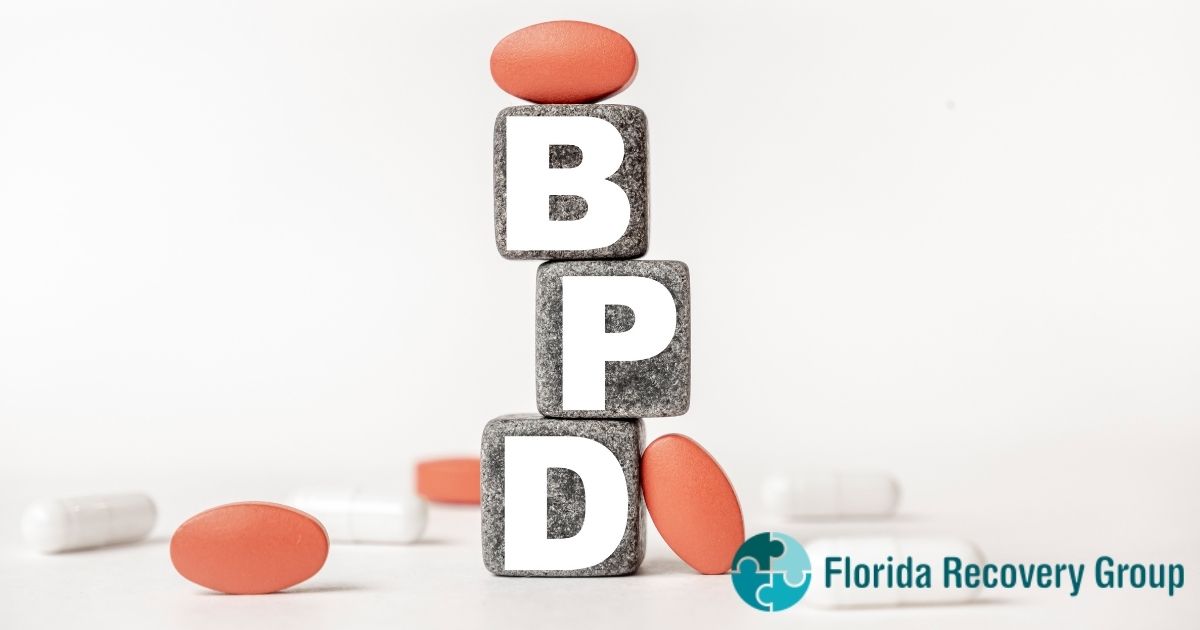How a Drug Rehab Facility Can Help You Manage Post-Acute Withdrawal Syndrome (PAWS)
When you first stop using drugs and alcohol and seek help for addiction, you will likely experience physical and psychological symptoms of withdrawal. Most people get help from a medical detox center rather than trying to detox at home. This is because the initial withdrawal...















